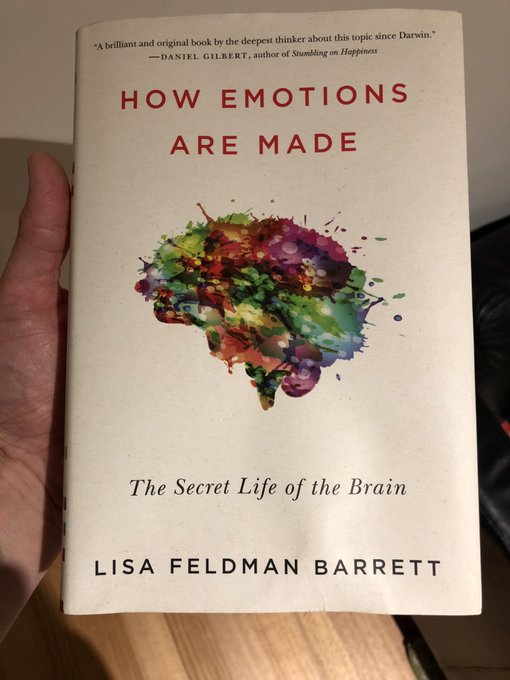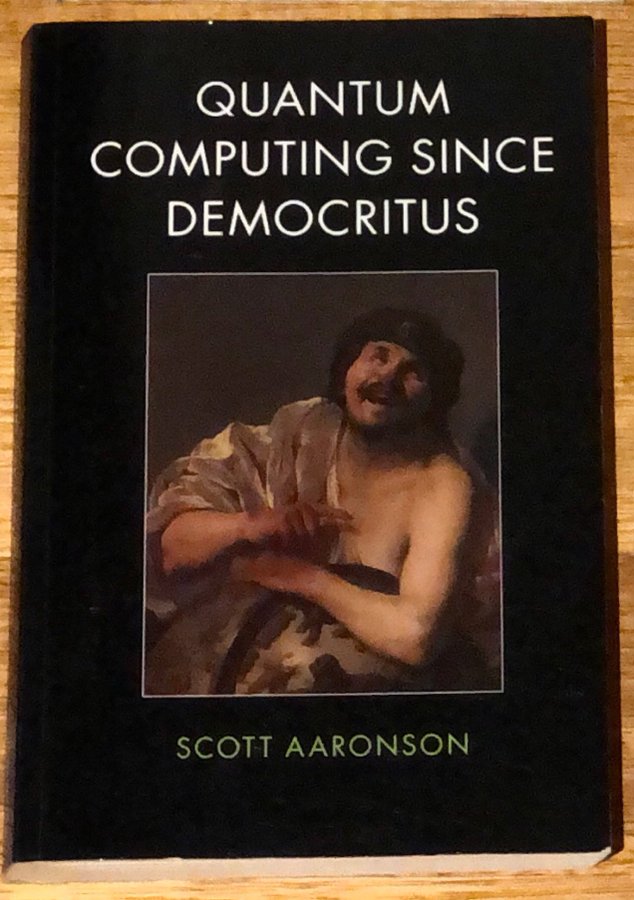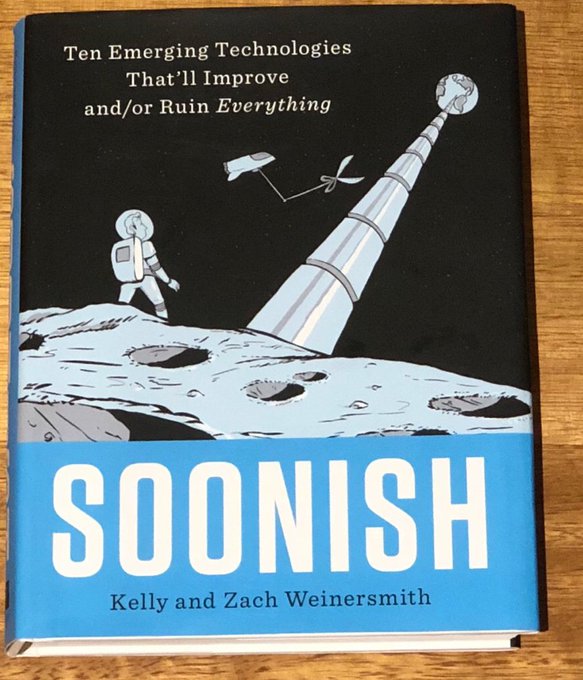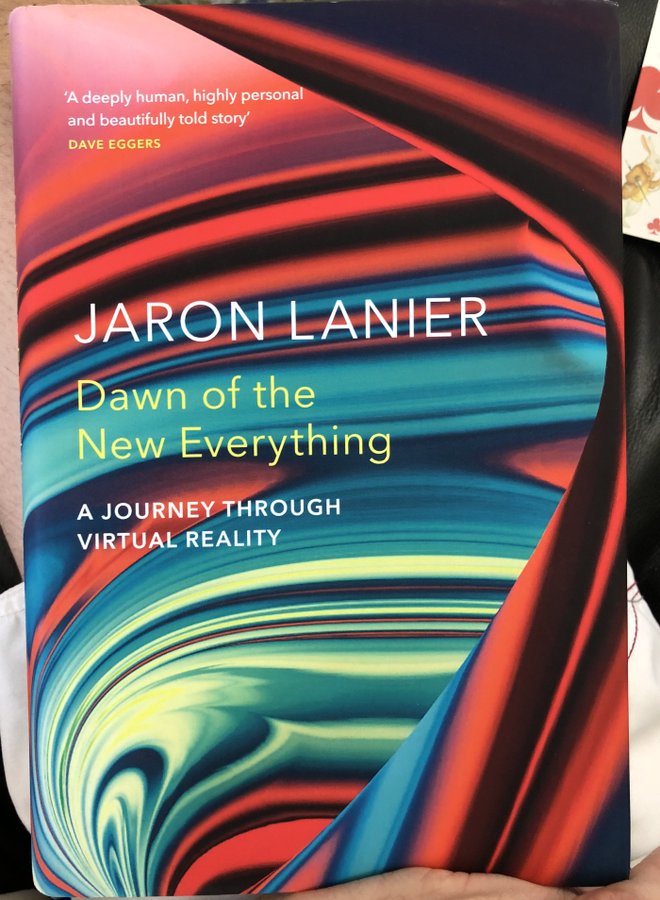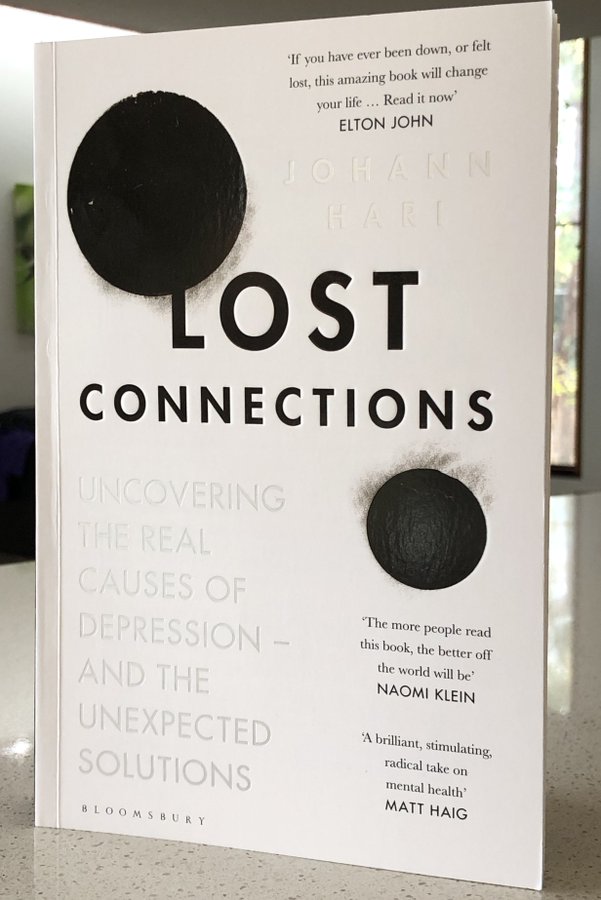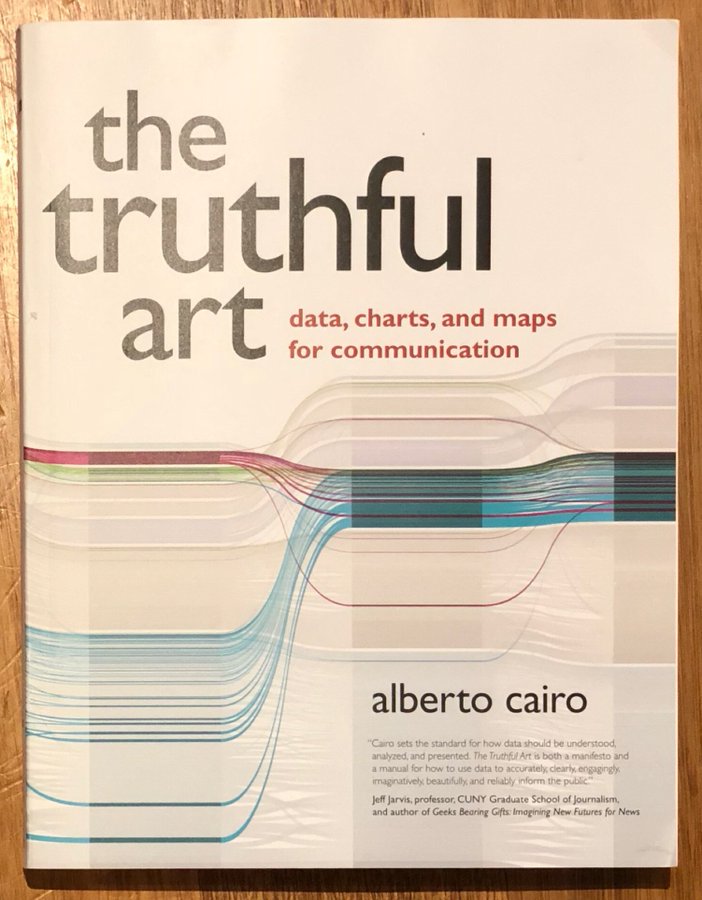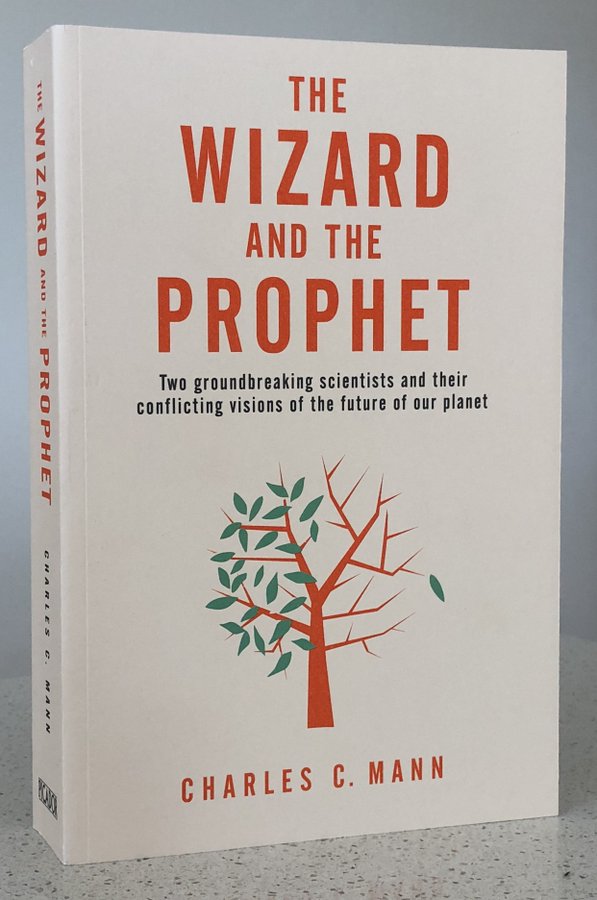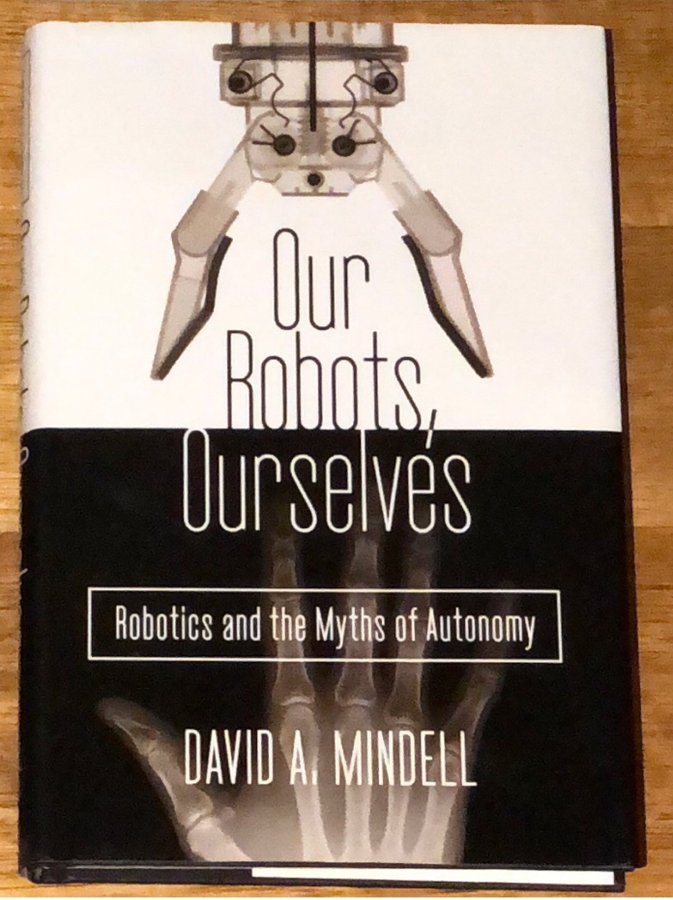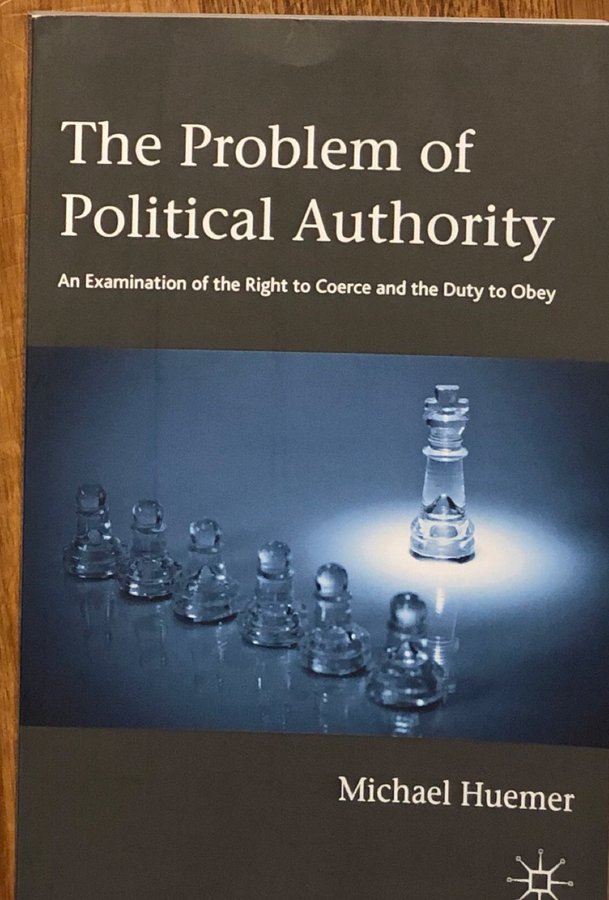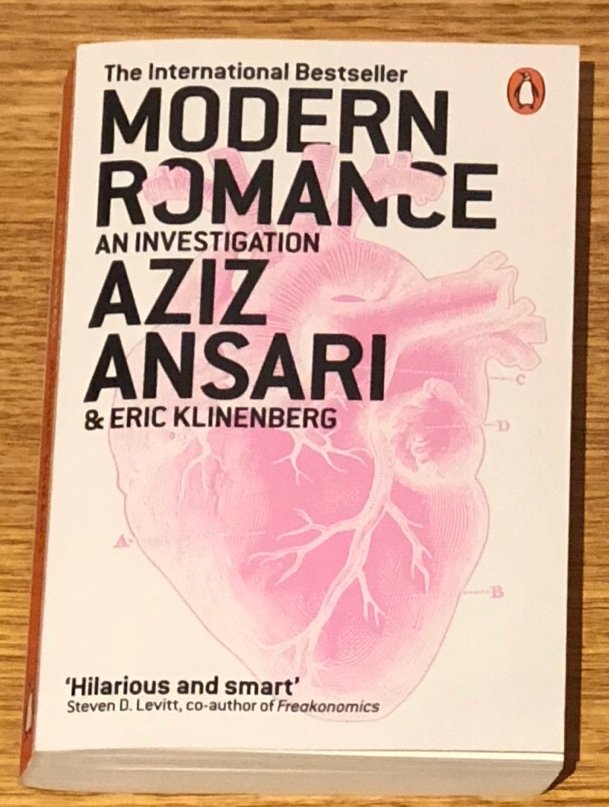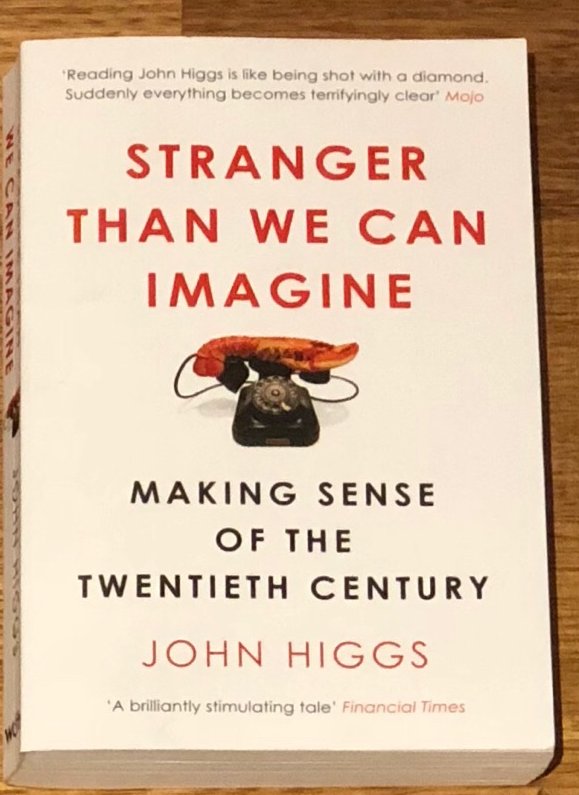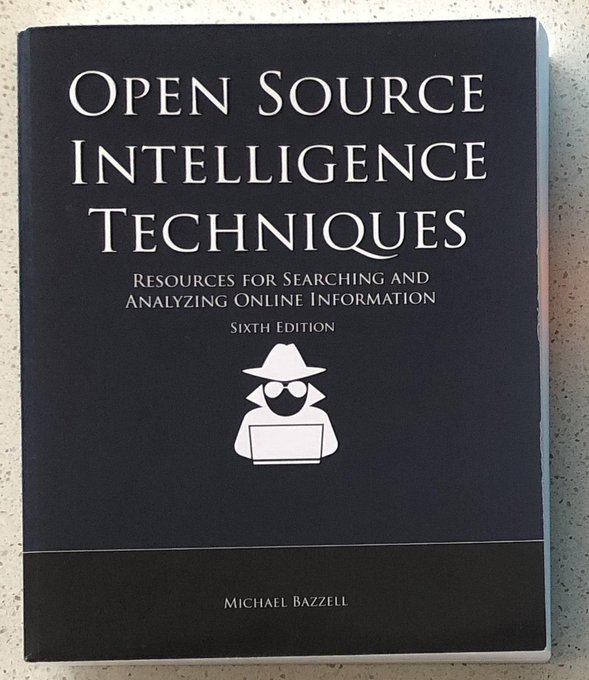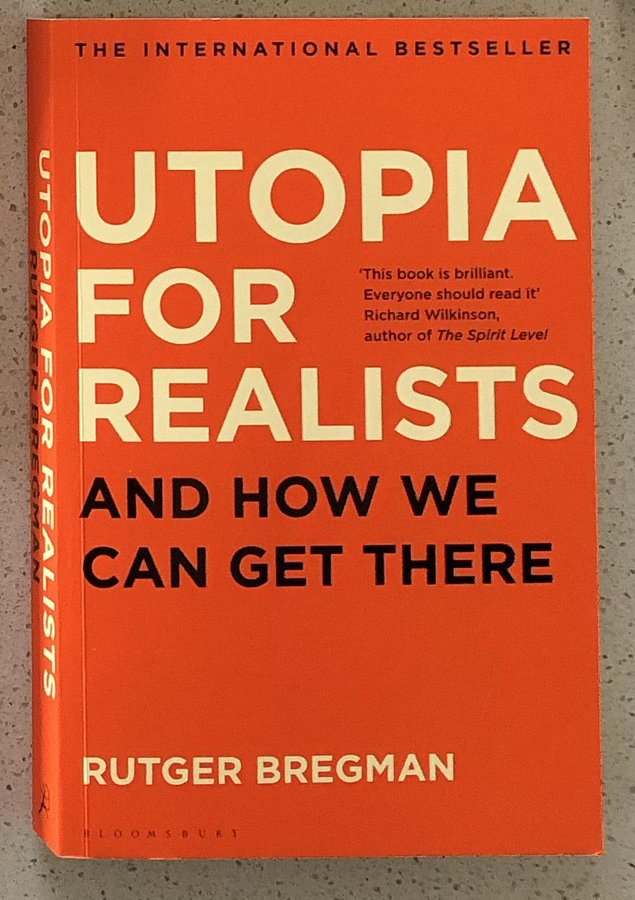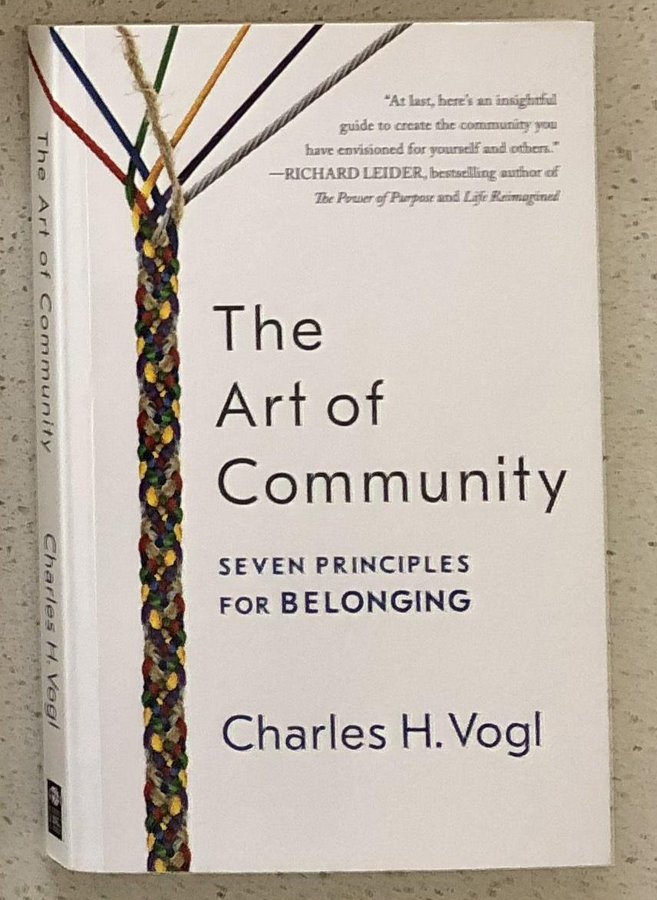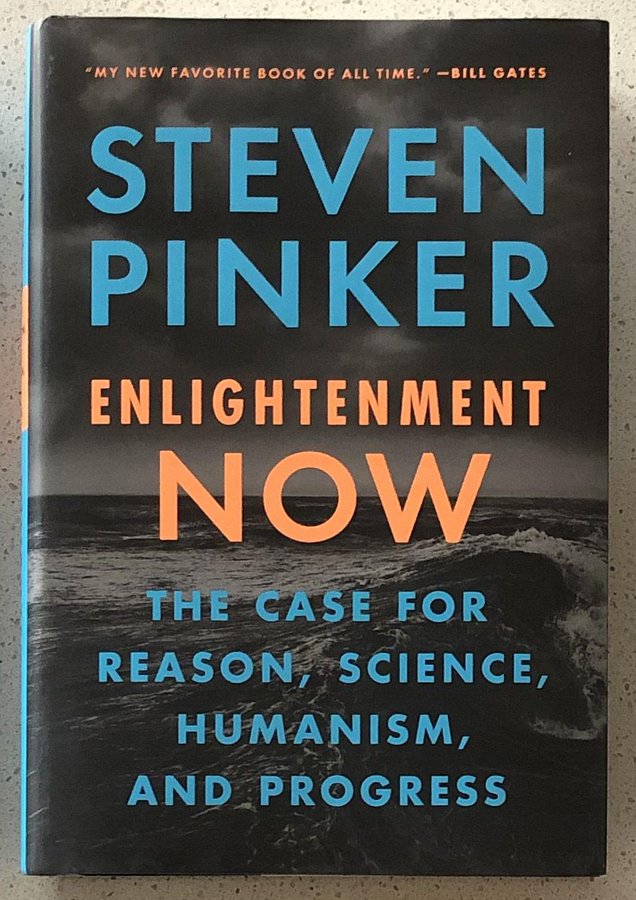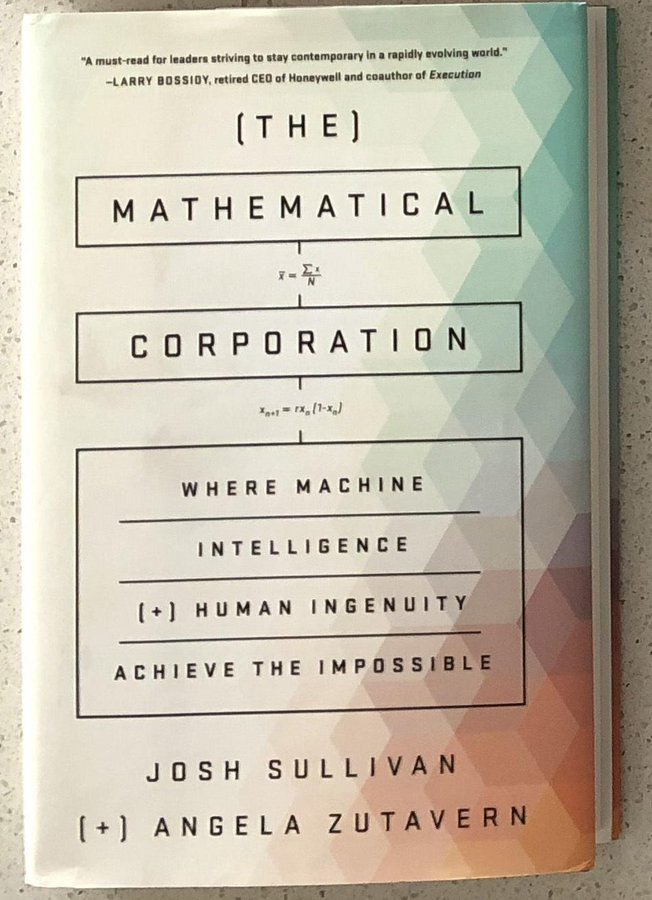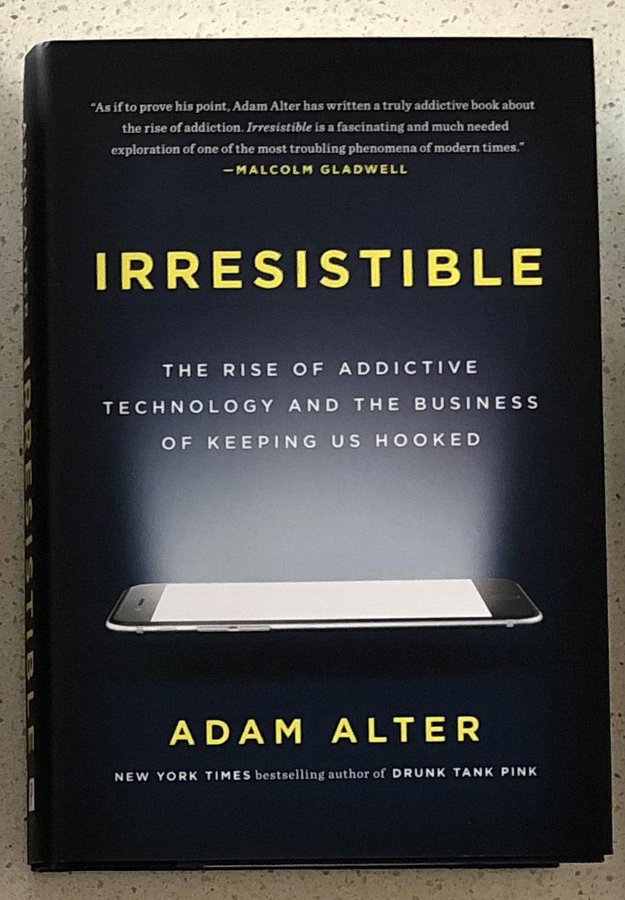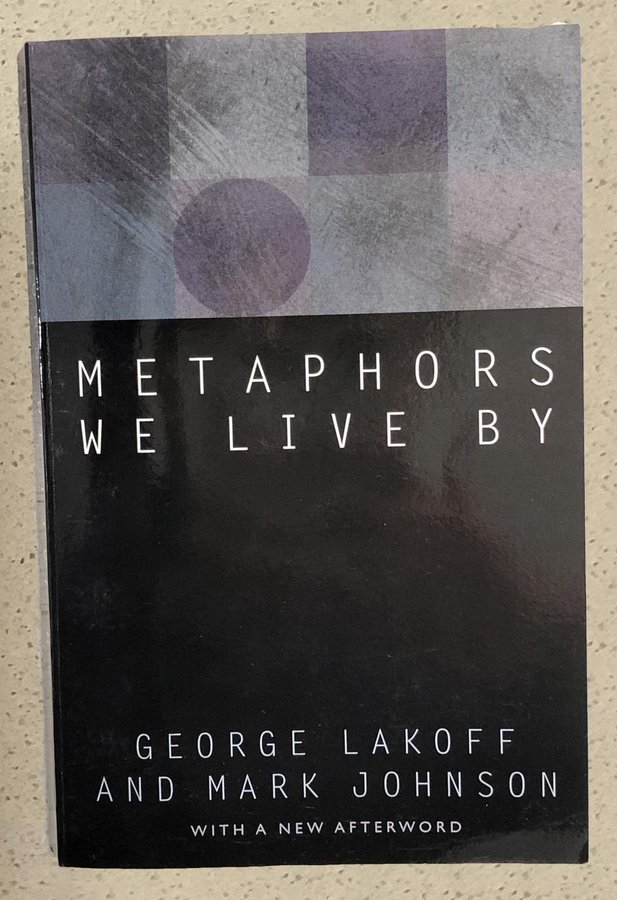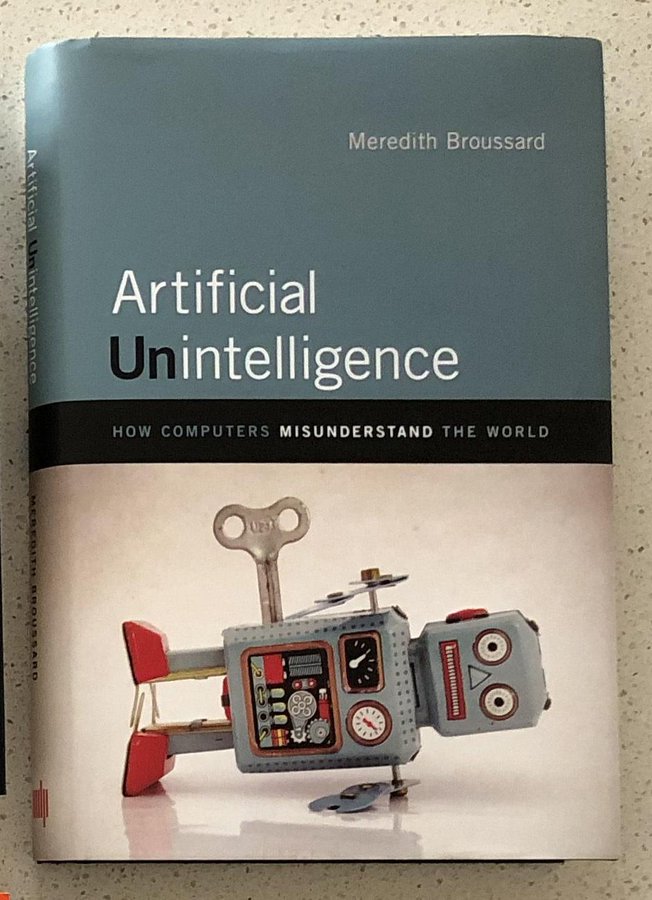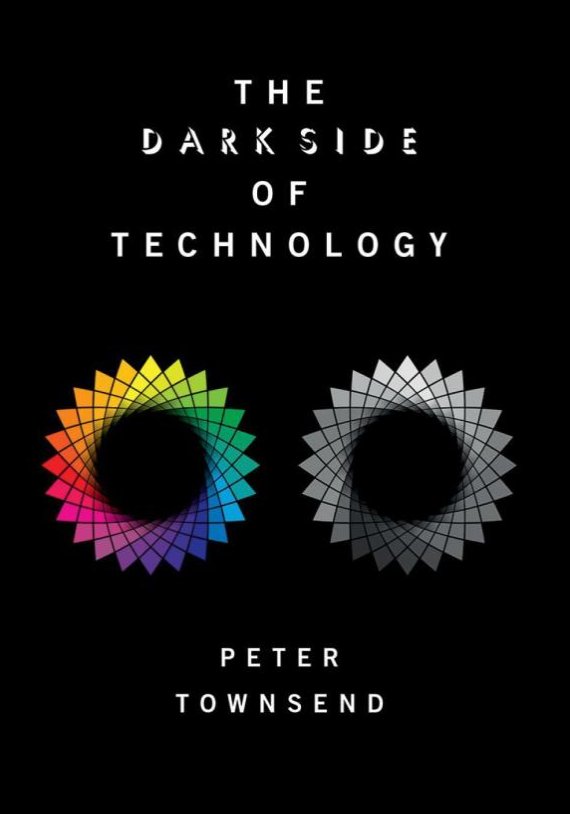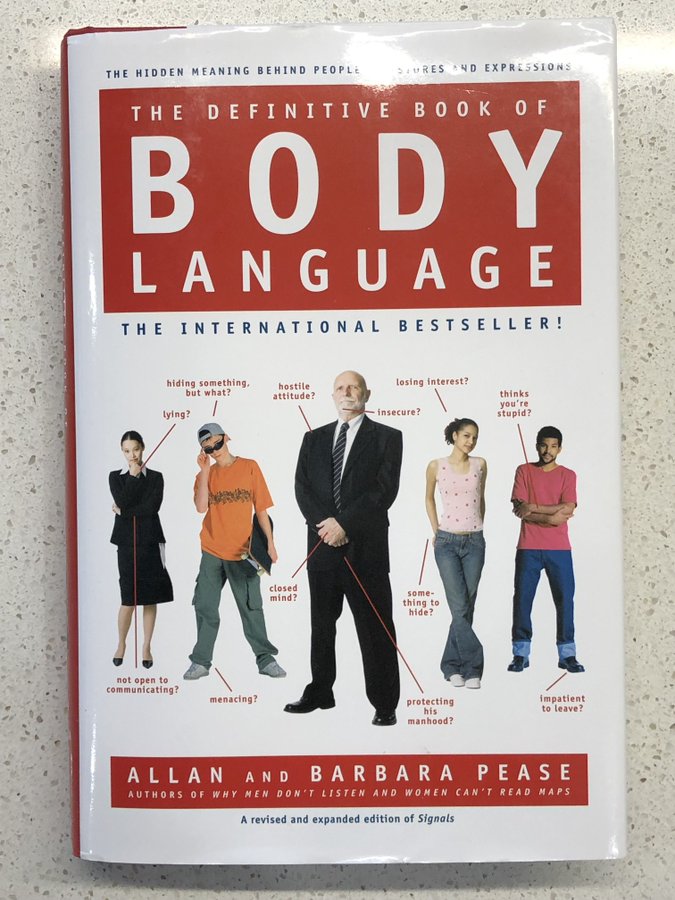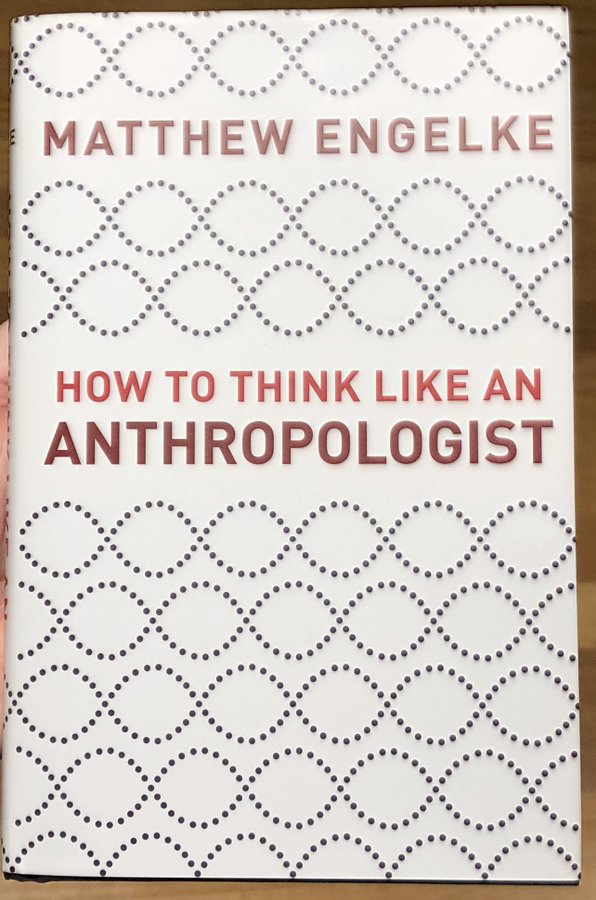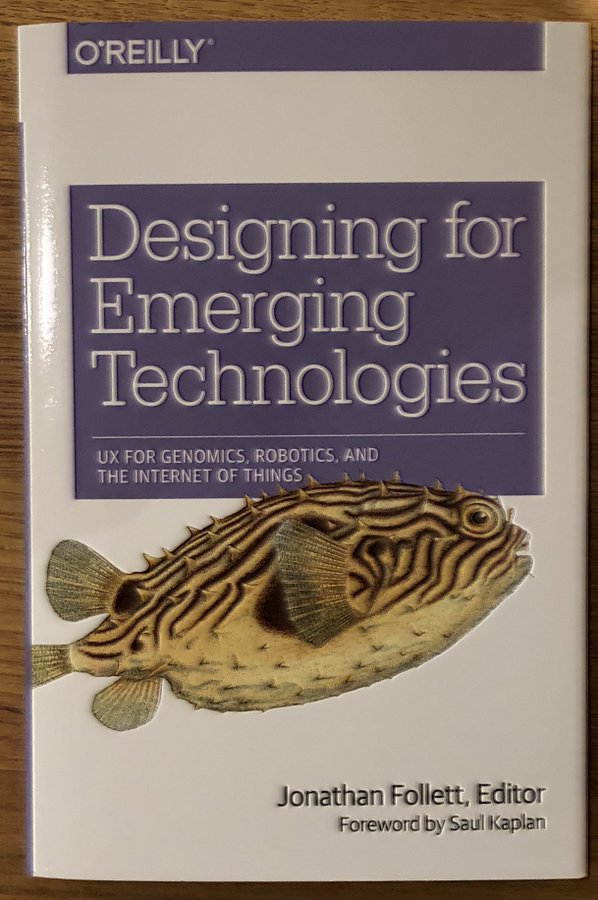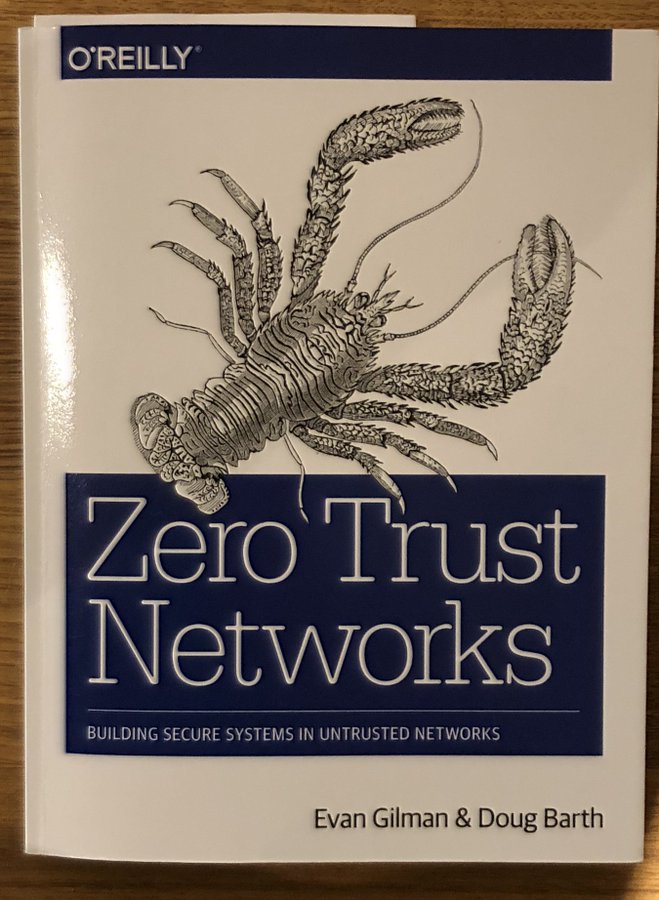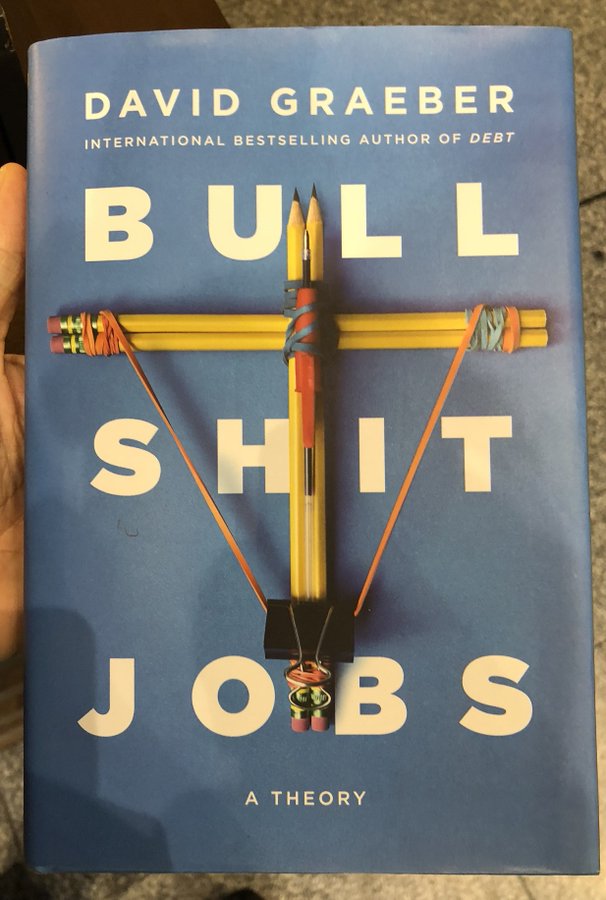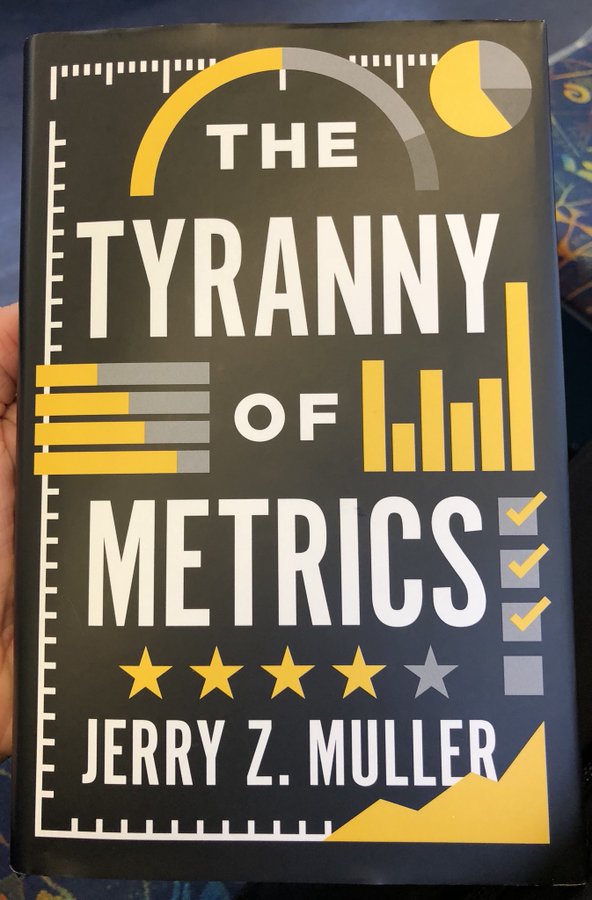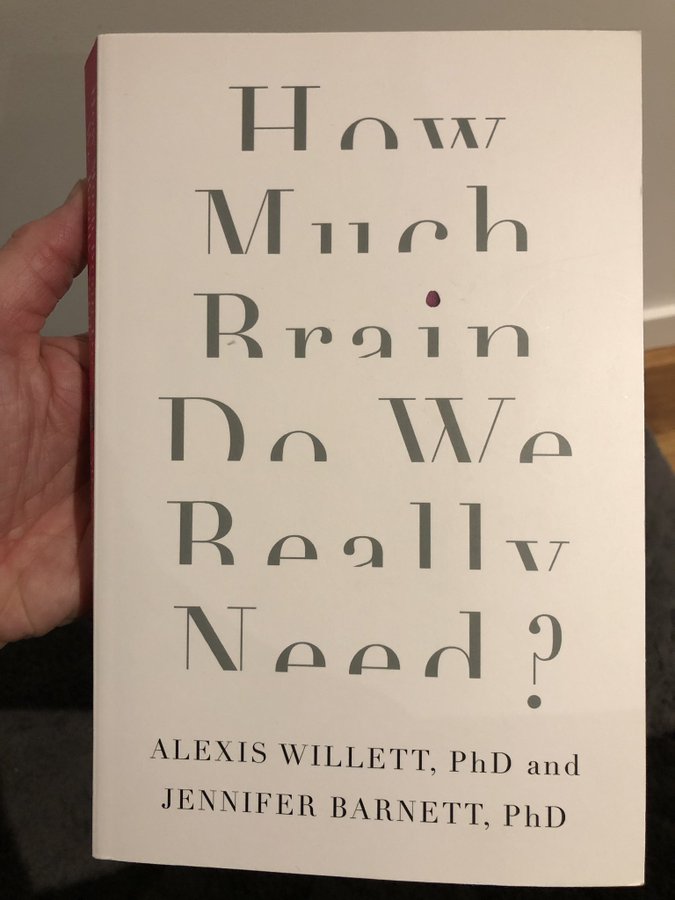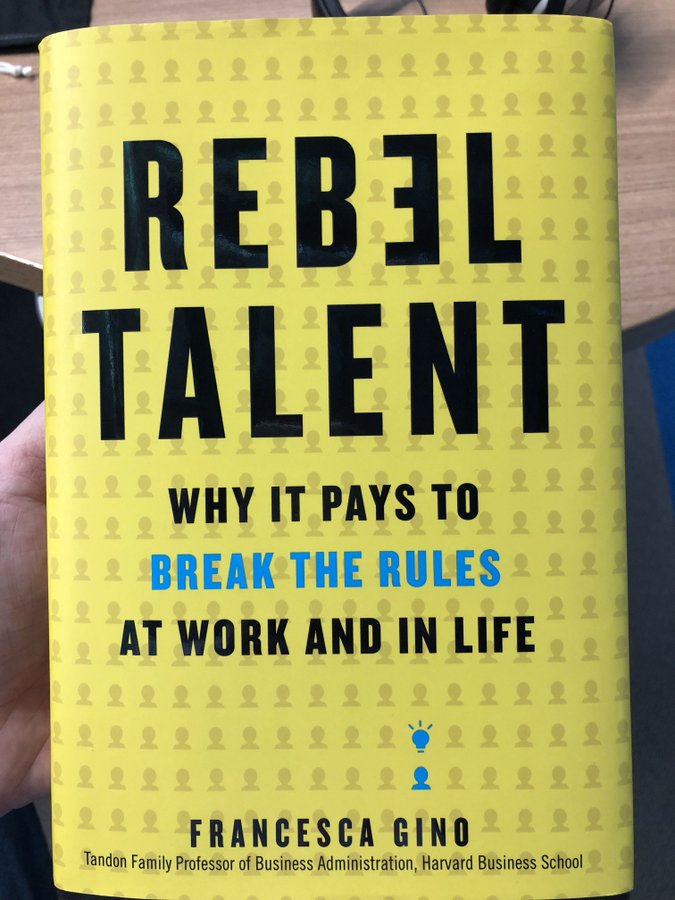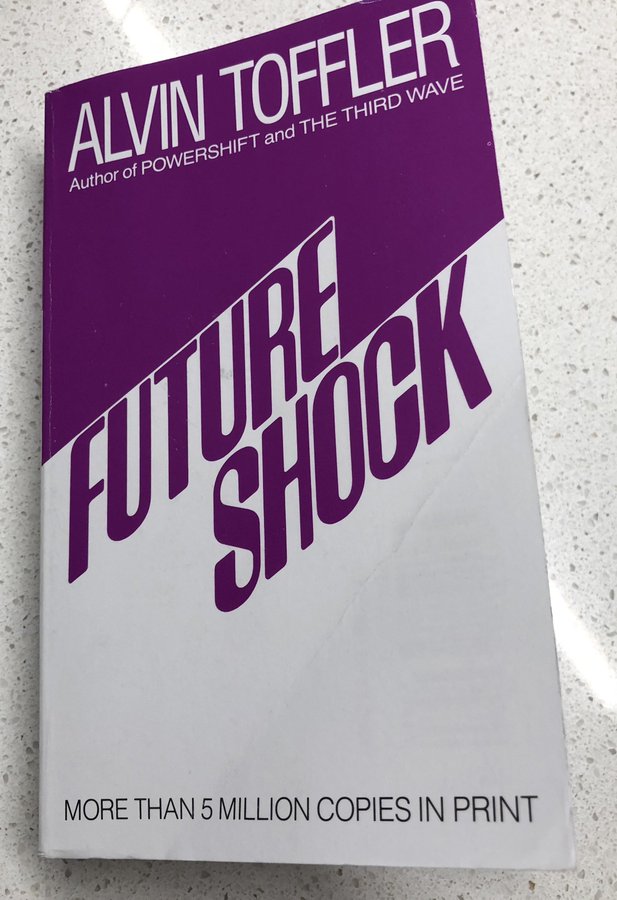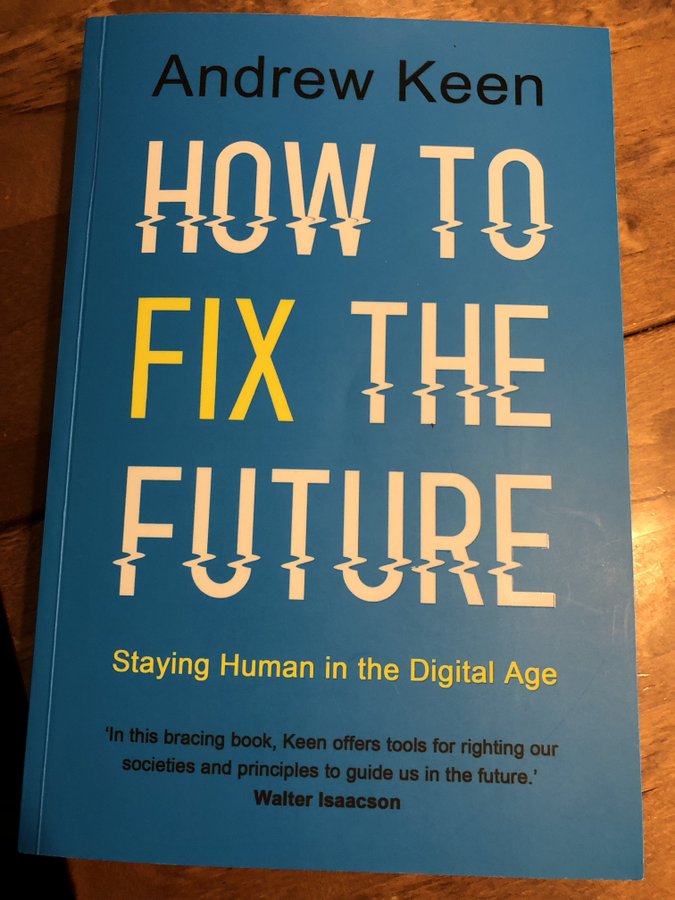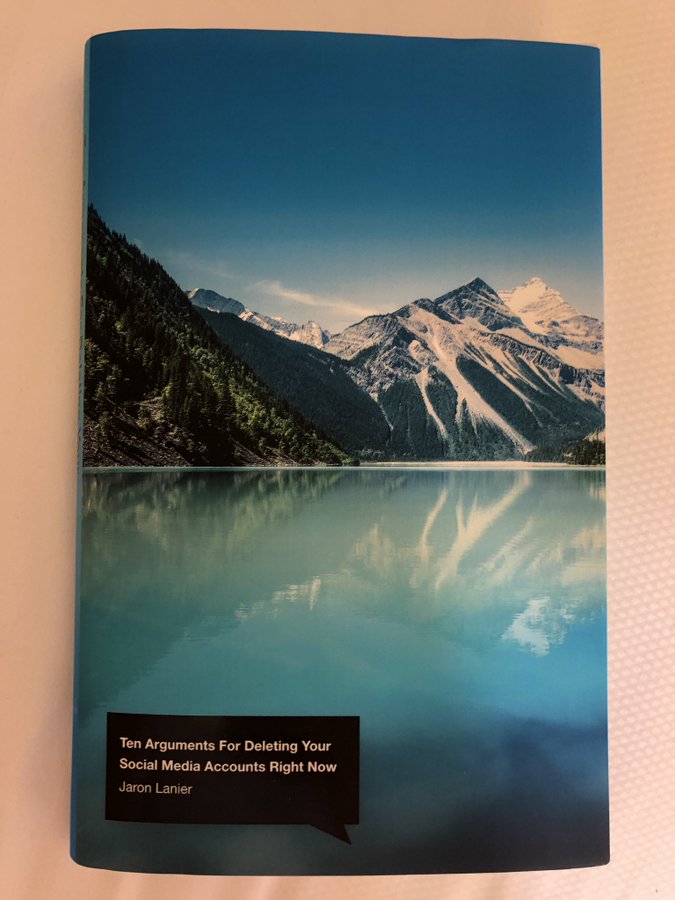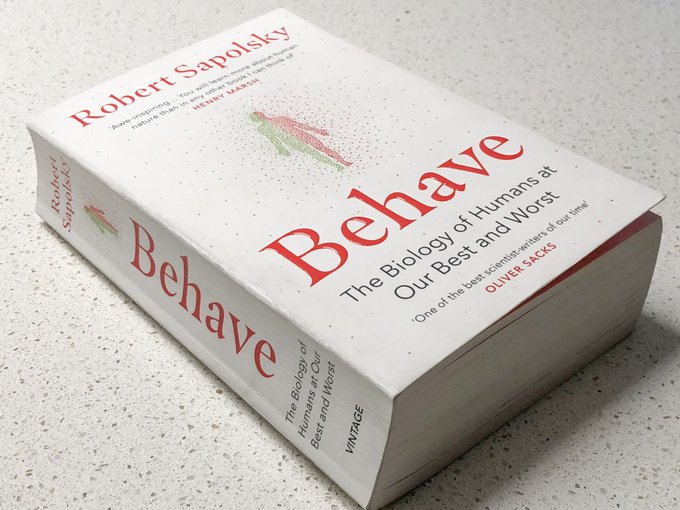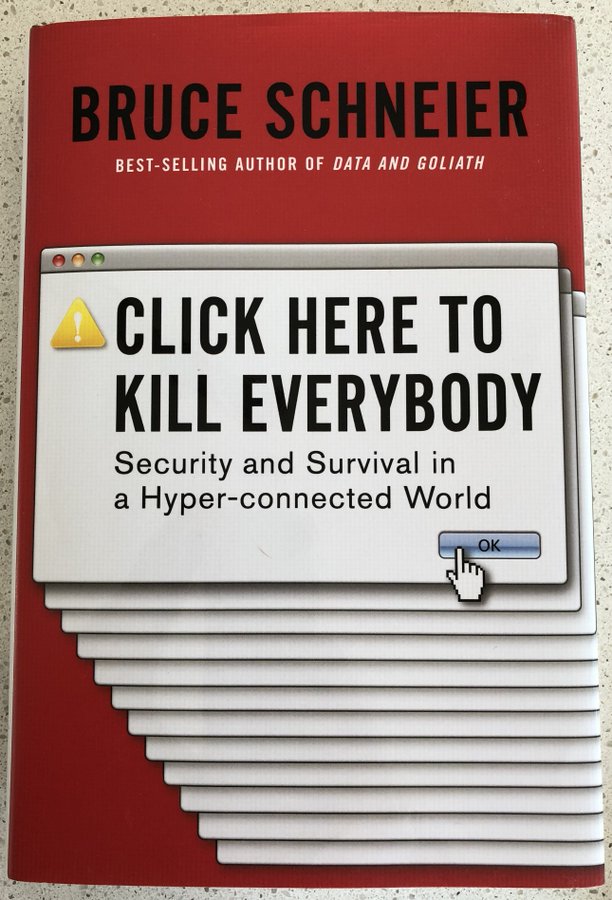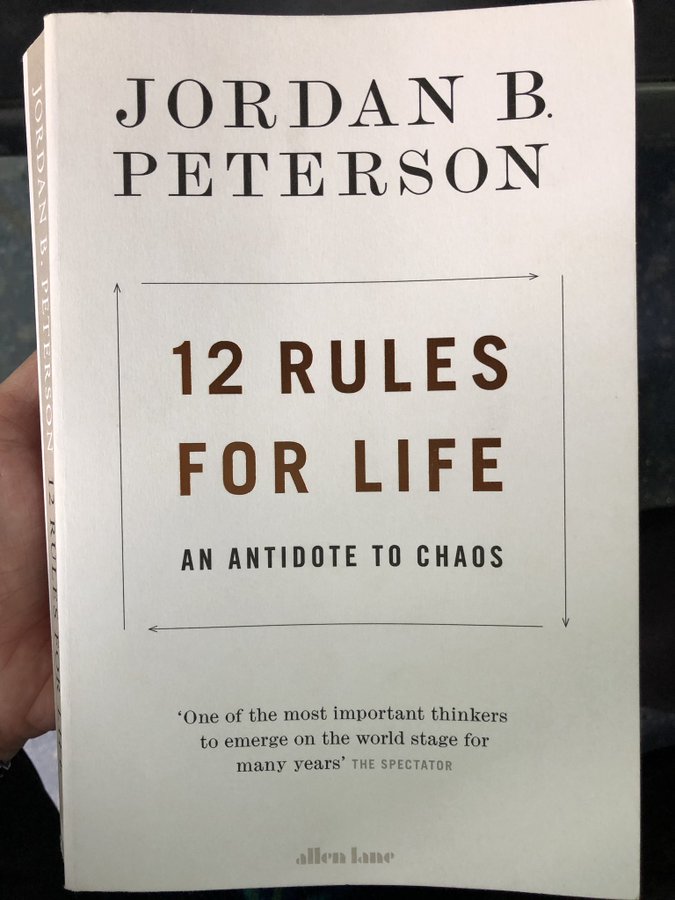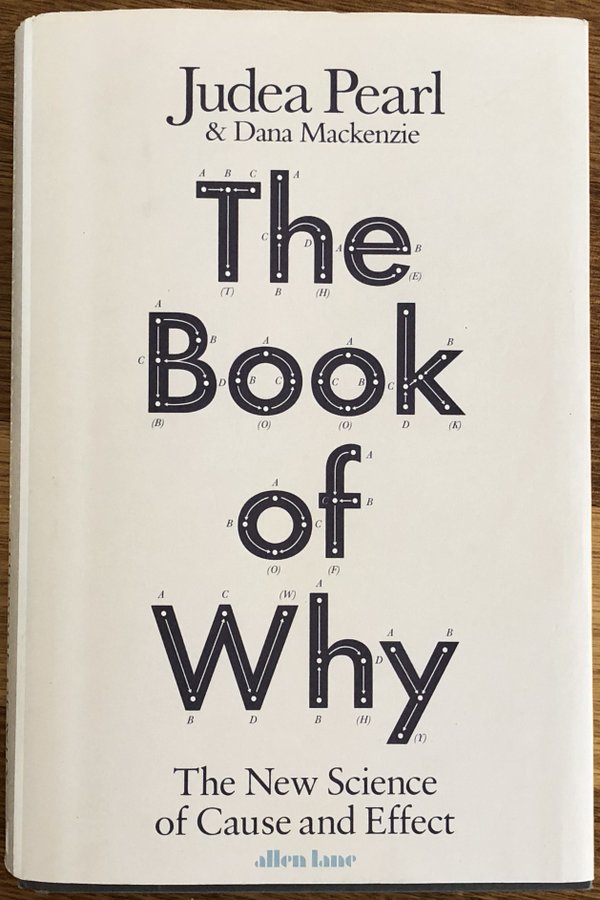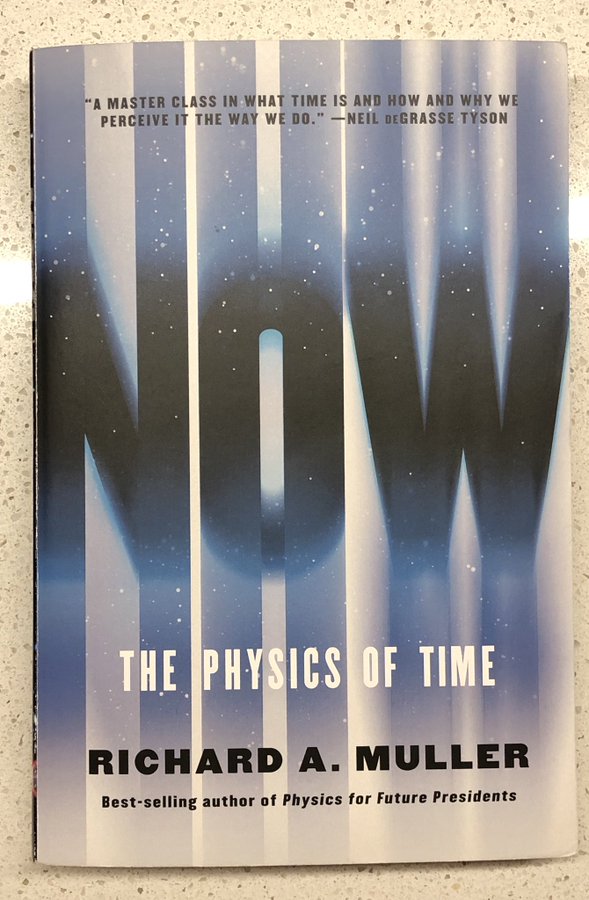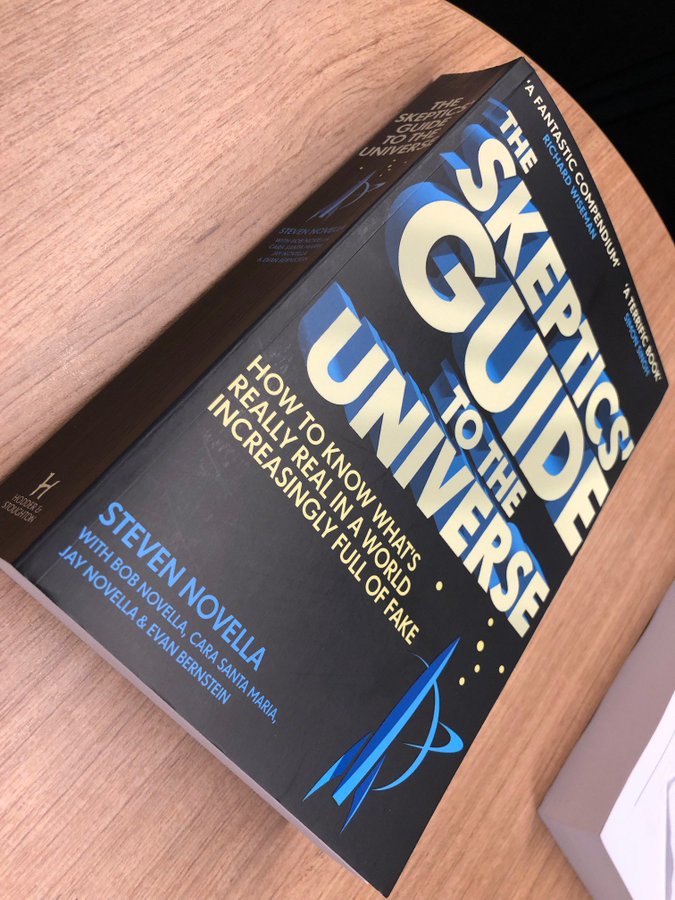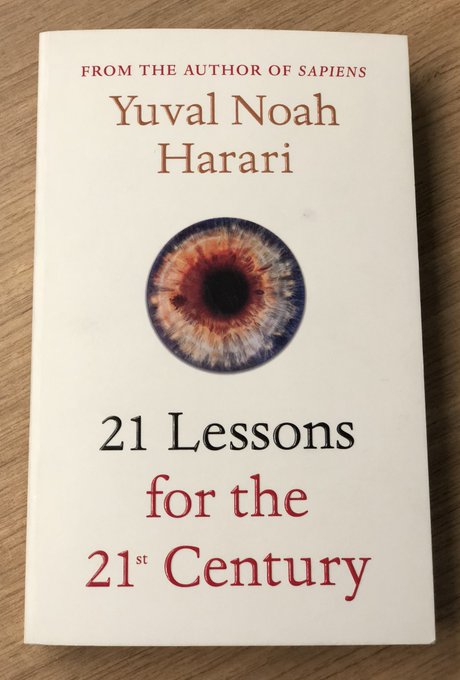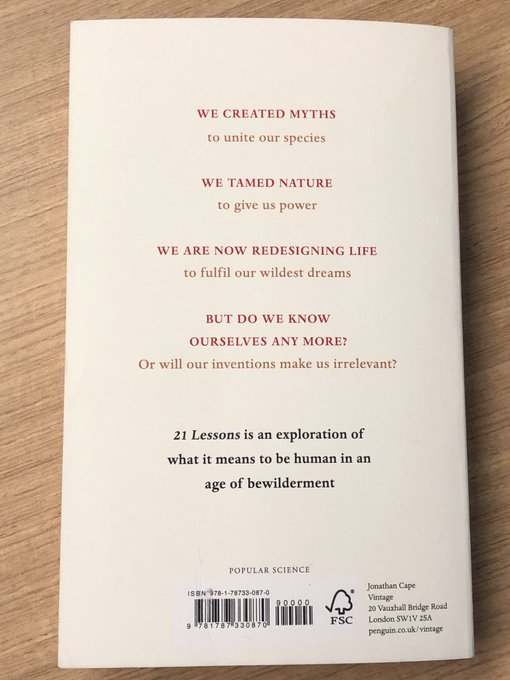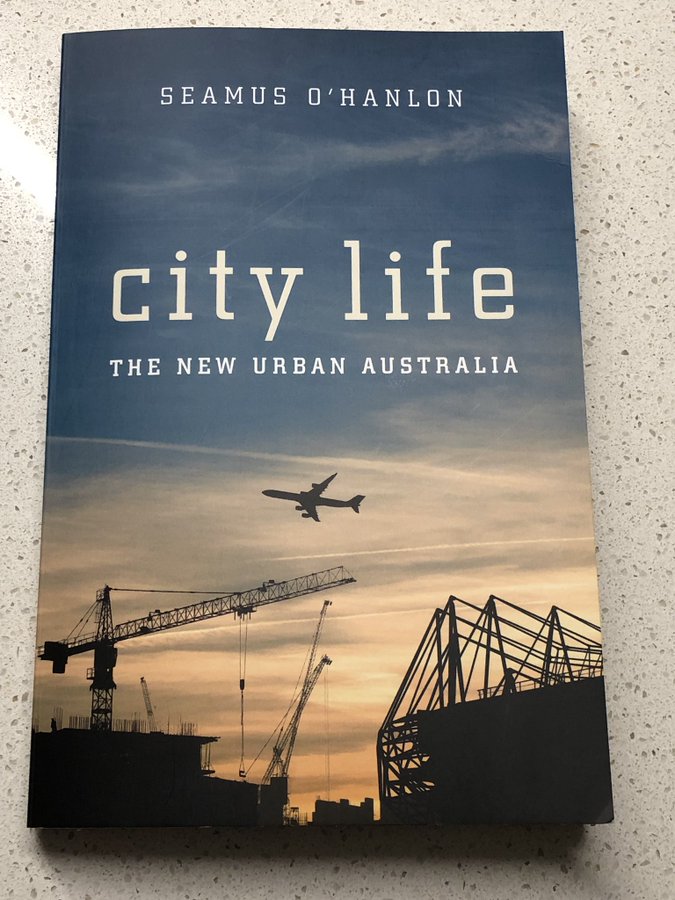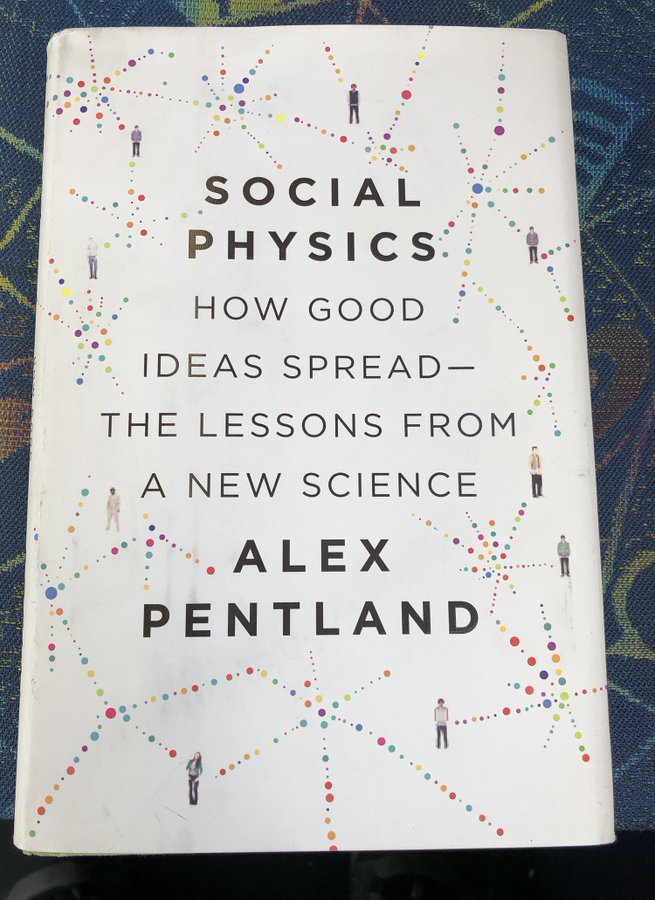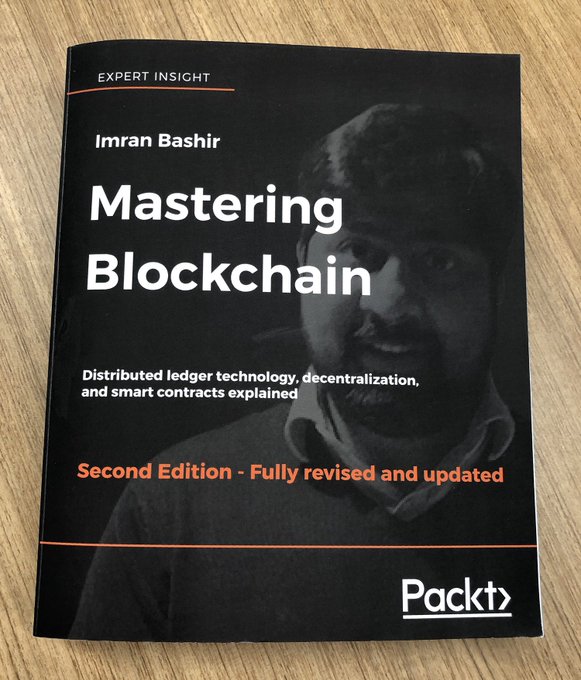How Emotions Are Made by Lisa Feldman Barrett
The first book I read this year and among the best I’ve ever read; Much of what we “knew” about emotion is wrong. This is likely to shift how you think about emotions, and nudge your worldview in the process. https://amazon.com/How-Emotions-Are-Made-Secret/dp/0544133315/

The Field Study Handbook by Jan Chipchase
An impressive guide to doing field research across the world. Thoughtful and thorough in tone, Jan’s broad experience shines through. Fascinating resource even for those not directly involved in field studies. https://amazon.com/Field-Study-Handbook
Quantum Computing Since Democritus by Scott Aaronson
My favourite “introductory” book into quantum computing. There’s a distinct learning curve with everything quantum, but Scott makes it easy-ish. https://amazon.com/Quantum-Computing-since-Democritus-Aaronson/dp/0521199565
Ps. His blog at https://scottaaronson.com/blog/ is excellent.
I have to add that the dissonance between the hideous cover and the great content inside is about as high as it gets with this book. I was and still am tempted to get a cover for the cover.
Soonish by the Kelly and Zach Weinersmith
Despite the bullish title, it’s mostly a level-headed take on many of the hyped-up technologies. By necessity of length the take on each is shallow-ish. Funny and a good read though, suitable also for kids. https://amazon.com/Soonish-Emerging-Technologies-Improve-Everything/dp/0399563822/
Dawn of the New Everything by Jaron Lanier.
Not what I expected, but a delightful surprise. Part history of VR, part autobiography, part fascinating insights into the technology and its impact. Unusually, the copious footnotes may be the best part. https://amazon.com/Dawn-New-Everything-Encounters-Reality/dp/1627794093/
Lost Connections by Johann Hari
An in-depth look at depression and the many underlying contributing elements (which are different from the still-prevailing views). Raises some hard questions about many facets of the modern society. https://amazon.com/Lost-Connections-Uncovering-Depression-Unexpected/dp/163286830X/
The Truthful Art by Alberto Cairo
A modern classic of data visualization. Whether you consume or create data visualizations, this is a treasure trove of examples, thoughtful guidance and principles to rely on. https://amazon.com/Truthful-Art-Data-Charts-Communication/dp/0321934075/
Human Performance & Limitations in Aviation by Campbell & Bagshaw.
Unlikely to be a book with much popular appeal, but I find this stuff fascinating. Interesting overview of human performance and how physiology and external conditions affect it. https://amazon.com/Human-Performance-Limitations-Aviation-Third/dp/0632059656/
The Wizard and the Prophet by Charles C. Mann
Impressive and thorough background of Norman Borlaug & William Vogt, whose works were supremely influential and whose opposing worldviews shaped movements today. Well researched & delivered admirably neutrally. https://amazon.com/Wizard-Prophet-Remarkable-Scientists-Tomorrows/dp/0307961699/
Our Robots, Ourselves: Robotics and the Myths of Autonomy by David A. Mindell
If your work is related to automation (looking at you, AI people), you need to read this book. I can almost guarantee it will change your thinking, and change it for the better. https://amazon.com/Our-Robots-Ourselves-Robotics-Autonomy/dp/0525426973/
The Problem of Political Authority by Michael Huemer.
Fascinating, somewhat philosophical effort on whether there are valid grounds for governments to control us. On one hand, hard to disagree with, but OTOH the solutions offered are pretty thin. https://amazon.com/Problem-Political-Authority-Examination-Coerce/dp/1137281650/
Modern Romance by Aziz Ansari & Eric Klinenberg
Painfully funny, but also a surprisingly fact-filled exploration of modern (aka technology-mediated) romance. Made me thankful for not having had to date in the current environment; I don’t know how you all remain sane. Do you? https://amazon.com/Modern-Romance-Aziz-Ansari/dp/0143109251/
Stranger Than We Can Imagine by John Higgs
The subtitle “Making Sense of the Twentieth Century” is right; Higgs provides a great background for many of the now-dominating phenomenon & concepts. A non-boring history book that helps you understand today. https://amazon.com/Stranger-Than-Can-Imagine-Twentieth/dp/1593766262/
Open Source Intelligence Techniques by Michael Bazzell
Think you’re “good at Google?” Think again. Chances are there are OSINT-techniques in this hands-on book you didn’t know about, which can be very useful/scary/surprising or all of the above. https://amazon.com/Open-Source-Intelligence-Techniques-Information/dp/1984201573/
Utopia for Realists by Rutger Bregman
Making the case of universal basic income. Will provide a lot of food for thought for anyone thinking “it won’t work”, because it has, in many trials globally, some surprisingly long ago. https://amazon.com/Utopia-Realists-How-Can-There/dp/1408893215/
The Art of Community by Charles H. Vogl
Brilliant advice for anyone seeking to build a community (spoiler: anyone can), and illuminating insights for those in communities (=all of us). There’s a reason why 96% have reviewed this at 5*. https://amazon.com/Art-Community-Seven-Principles-Belonging/dp/1626568413/
In the Swarm: Digital Prospects by Byung-Chul Han
More of a booklet than a book, this translated work offers no-longer unique contrarian thinking on the perils of digital communication. Good, but unfortunately it doesn’t translate perfectly. https://amazon.com/Swarm-Digital-Prospects-Untimely-Meditations/dp/0262533367/
Dying for a Paycheck by Jeffrey Pfeffer
Pfeffer is one of two management authors I like & trust. A sad, tragic window into the American corporate culture & the multitude of things that are wrong with it. Not all, but a great deal is applicable elsewhere too. https://amazon.com/Dying-Paycheck-Management-Employee-Performance/dp/0062800922/
Enlightenment Now by Steven Pinker
Maybe the most talked-about book of ’18. Scott Aaronson’s review captures my views well; “I look at the world from more-or-less the same vantage point as Pinker, yet am terrified rather than hopeful” https://scottaaronson.com/blog/?p=3654https://amazon.com/Enlightenment-Now-Science-Humanism-Progress/dp/0525427570/
The Mathematical Corporation by Josh Sullivan & Angela Zuravern
I had high hopes for this, but they weren’t met. The first part has downright dangerous mischaracterizations and errors, which are modestly redeemed by some very valid leadership lessons towards the end. https://www.amazon.com.au/Mathematical-Corporation-Intelligence-Ingenuity-Impossible-ebook/dp/B06XRL7XBP/
Irresistible by Adam Alter
I was thinking it’d be another book railing against social media but glad I gave it a chance anyway; it goes deeper into addiction, its behavioral aspects and designing addiction than I thought. A good read. https://amazon.com/Irresistible-Addictive-Technology-Business-Keeping/dp/0735222843/
Metaphors We Live By, by George Lakoff and Mark Johnson.
It pays to read the classics. This is one of those rare works that will shift the way you think in surprising and delightful ways. Your relationship with language will never be the same after this. https://amazon.com/Metaphors-We-Live-George-Lakoff/dp/0226468011/
Artificial Unintelligence by Meredith Broussard
There are now many books on bias in AI & related topics, but no others that provide even the layperson a (kinda) hands-on understanding of how & why all such failures happen. A good antidote to some of the hype. https://amazon.com/Artificial-Unintelligence-Computers-Misunderstand-World/dp/0262038005/
The Dark Side of Technology by Peter Townsend.
I feel like the author tried to take on too much with this. With topics ranging from solar storms to lost languages and bad storage mediums, the overall feeling is somewhat messy. An unpolished something. https://amazon.com/Dark-Side-Technology-Peter-Townsend/dp/019882629X/
The Definitive Book of Body Language by Barbara & Allan Pease
While some of the referenced research has been shown to be inaccurate, this remains a wonderful self-awareness-raising book and an invaluable resource for body language. People-watching ftw 🙂 https://amazon.com/Definitive-Book-Body-Language-Expressions/dp/0553804723/
How to Think Like an Anthropologist by Matthew Engelke.
Great case studies & an in-depth introduction (not an oxymoron btw) to nine themes, but still ultimately an introduction so unsuitable for anyone with more than an elementary knowledge of anthropology https://amazon.com/Think-Like-Anthropologist-Matthew-Engelke/dp/069117878X/
Designing for Emerging Technologies, edited by Jonathan Follett, co-authored by dozens.
There’s a plethora of useful content and guidelines here, but the age of the book shows (even at 3yrs old) and the disjointed style caused by multiple authors isn’t pleasant. https://amazon.com/Designing-Emerging-Technologies-Genomics-Robotics/dp/1449370519/
Zero Trust Networks by Evan Gilman and Doug Barth
The state of the art of architecting secure networks has changed a bit since I studied that in uni, so this was a great resource to update myself on it. Doesn’t necessarily appeal to a broad audience though 😉 https://amazon.com/Zero-Trust-Networks-Building-Untrusted/dp/1491962194/
Meltdown by Chris Clearfield and Andras Tilcsik
A brilliant, accessible book on failures in complex systems, topped off by unexpectedly great information & practical advice on how to deal with and, to a degree, prevent the failures. Highly recommended. https://amazon.com/Meltdown-Systems-Fail-What-About/dp/0735222630/
Bullshit Jobs by David Graeber
It began as an article, so how much meatier can a book be? Quite a bit, it turns out. With a healthy dose of morbidly hilarious anecdotes, this goes deep into the concept & the sad proliferation of bullshit jobs. https://amazon.com/Bullshit-Jobs-Theory-David-Graeber/dp/150114331X/
Tyranny of Metrics by Jerry Z. Muller
Solid proof of what many people intuitively already know; most metrics are useless or worse. A quick read with a load of interesting (though sometimes depressing) case studies – and guidance on how to do metrics right. https://amazon.com/dp/0691174954/ref=cm_sw_r_cp_api_rmayBbAE54F84
How Much Brain Do We Really Need by Alexis Willett and Jennifer Barnett
If you haven’t read many books about the brain, this will be fascinating. If you have, you might find it a little repetitive. Covers many aspects but is a little preoccupied w/ its title https://amazon.com/dp/1472142144/ref=cm_sw_r_cp_api_gWzzBb28F59A4
New Solutions for Cybersecurity, edited by Howard Shrobe, David L. Shrier and Alex Pentland
Great breadth with limited depth of many new and new-ish cybersecurity-related solutions. Consider it a great overview with hooks (references) for diving deeper. https://amazon.com/Solutions-Cybersecurity-Connection-Science-Engineering/dp/0262535378/
Rebel Talent by Francesca Gino
A plethora of case studies and stories from research aimed at highlighting the importance of unconventional thinking & action. Confirms what at least the “rebels” knew all along in an entertaining package. https://amazon.com/Rebel-Talent-Pays-Break-Rules/dp/0062694634/
Future Shock by Alvin Toffler
A classic I regrettably hadn’t read until now. The book is some 50 years old, but so much of it could be, verbatim, from today it’s mind-boggling.
I don’t know why it took me so long to get to this classic from ~50 years ago, but I finally did. And I have to say it’s such an incredible book I had to write this separate review thread.
So much of this half a century old book could have been written in the exact same words today it’s crazy. Let’s take just a couple of examples:
1) “The effects of technological revolution we are now living through will be deeper than any social change we have experienced before. Automation by itself represents the greatest change in the whole history of mankind.”
2) “We are in a race between rising levels of uncertainty produced by the acceleration of change, and the need for reasonably accurate images of what at any instant is the most probable future.”
The core thesis is that the pace of change is accelerating, causing people to suffer from “future shock” w/ impacts like “rent-a-person/ad-hocracy” (=gig economy), genetics, shortening relationships, computers at school etc. Sound familiar? Remember this was written 50 years ago.
At the same time, the fact that so much of it, half a century on, _is_ still familiar and relevant and actually spot-on, might be a sign that maybe, just maybe, the pace of change _isn’t_ all that great after all? Much has come true, but it’s taken a long time frankly.
Of course, it’s not without flaws; the book is at points supremely naive, ignorant at others, praises consumerism while entirely dismissing any physical-world impacts rampant production might have, has its share of unhinged optimism and predictions that totes did NOT come true.
Still, a remarkable book & I highly recommend reading it. My key takeaway is a bit ironic, something I hinted at above: a 50yr old book that waxes lyrical about the “quickening pace of change” and is relevant today, maybe shows change is _not_ quite as fast as we like to think.
How To Fix The Future by Andrew Keen
As a pragmatic take on how to improve the future, I really wanted this to be great – but it’s just good. As a manifesto, it feels slightly confused, making the provided “map” feel more like anecdotes & less of a roadmap. https://amazon.com/How-Fix-Future-Andrew-Keen/dp/0802126642/
Ten Arguments for Deleting Your Social Media Accounts Right Now by Jaron Lanier
In this physically beautiful, quick to read book are arguments on why social media is bad; they are not new, nor brought out in a particularly polished way. But they’re valid. https://amazon.com/dp/125019668X/ref=cm_sw_r_cp_api_84ARBbVB2RD4F
Behave by Robert Sapolsky.
This is one incredible work on human behaviour; you’re guaranteed to learn heaps. At ~800 pages of small text it doesn’t shy away from the complexity of it all – and “it’s complicated” is the guiding principle of human behaviour. https://amazon.com/Behave-Biology-Humans-Best-Worst/dp/0143110918/
Click Here to Kill Everybody by Bruce Schneier.
This cheerfully titled book is about how we secure our future – IoT & everything associated with it. Useful for everyone, but if there is one security book policymakers in particular need to read, it’s this. https://amazon.com/Click-Here-Kill-Everybody-Hyper-connected/dp/0393608883/
12 Rules For Life by Jordan B. Peterson
I find both the loathing and extolling of this book unfair. The rules themselves, IMO, are quite good, but they’re buried under a LOT of irrelevant fluff in the text. The best part? Table of Contents. Just read that. https://amazon.com/dp/0345816021/ref=cm_sw_r_cp_awdb_t1_jYcXBbQCEZ4BY
The Book of Why by Judea Pearl
To be honest, I never imagined a text about causality could be so fascinating, or what great benefits have and likely will flow from formalizing a ‘language’ for it. https://amazon.com/Book-Why-Science-Cause-Effect/dp/046509760X/ + also check out resources at http://bayes.cs.ucla.edu/WHY/
Now: The Physics of Time by Richard Muller.
Having a hard time to pin this down. Fascinating points about the nature of time, what we know & what we don’t know. But it still left me feeling like I didn’t really get an answer to most questions posed in it https://amazon.com/Now-Physics-Time-Richard-Muller/dp/0393285235
The Skeptics’ Guide to the Universe by Steven Novella
From p-hacking to a concise review of biases, this book is a great collection of…stuff. The breadth of topics is impressive; by necessity, depth is not awesome. Would make a good high-school course. https://amazon.com/Skeptics-Guide-Universe-Really-Increasingly/dp/1538760533/
21 Lessons for the 21st Century by Yuval Noah Harari
The urgency of these lessons make this, IMO, a much harder-hitting book than eg. Homo Deus. This is one of those tough love-guides most people should read. Nothing is perfect but this is Really Very Good
https://amazon.com/Lessons-21st-Century-Yuval-Harari/dp/0525512179/
City Life: The New Urban Australia by Seamus O’Hanlon
Great recent- history coverage of how particularly Sydney & Melbourne came to be what they are now (& what they are). For an immigrant such as myself it provides some wonderful background + context. https://amazon.com/City-Life-new-urban-Australia-ebook/dp/B07FV6M2DP
FLY! by Richard De Crespigny
Rarely do the front- and back covers under-promise so badly as here. FLY! is an awesome, concise work better described as a “Thorough guide to life, leadership and teamwork – complete with handy checklists”. Highly recommended. https://amazon.com.au/Fly-Life-Lessons-Cockpit-QF32-ebook/dp/B07DVK7H74
Social Physics by Alex Pentland
Fascinating topic, but at only 4yrs old, its approach to privacy feels at best naïve. It talks about a “New Deal on Data” but generally “implicitly assumes the data will not be abused” which just isn’t good enough anymore. https://amazon.com.au/Social-Physics-Spread-Lessons-Science/dp/1594205655/
Mastering Blockchain by Imran Bashir
This is veritable in-depth tome of technical blockchain material par excellence. While its coverage of higher-level implications is superficial at best, the down-to-the-code level tech contents is great. https://amazon.com.au/Mastering-Blockchain-Second-Imran-Bashir/dp/1788839048/
